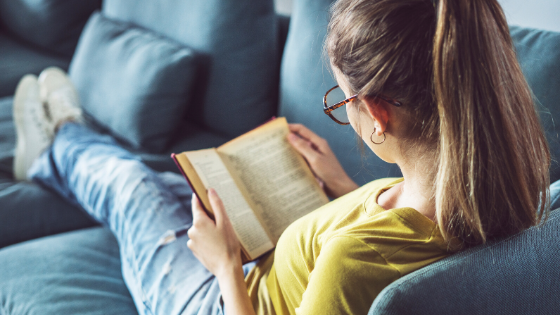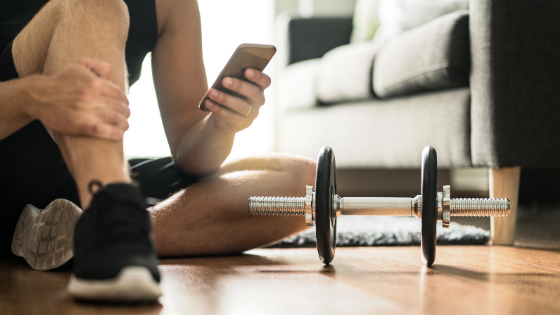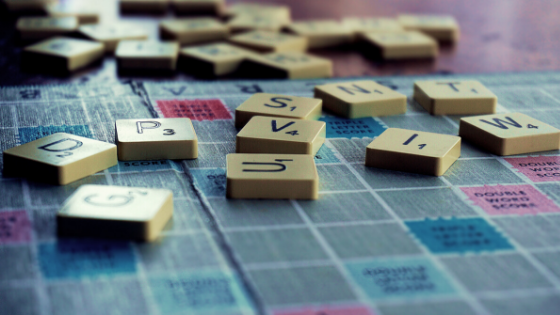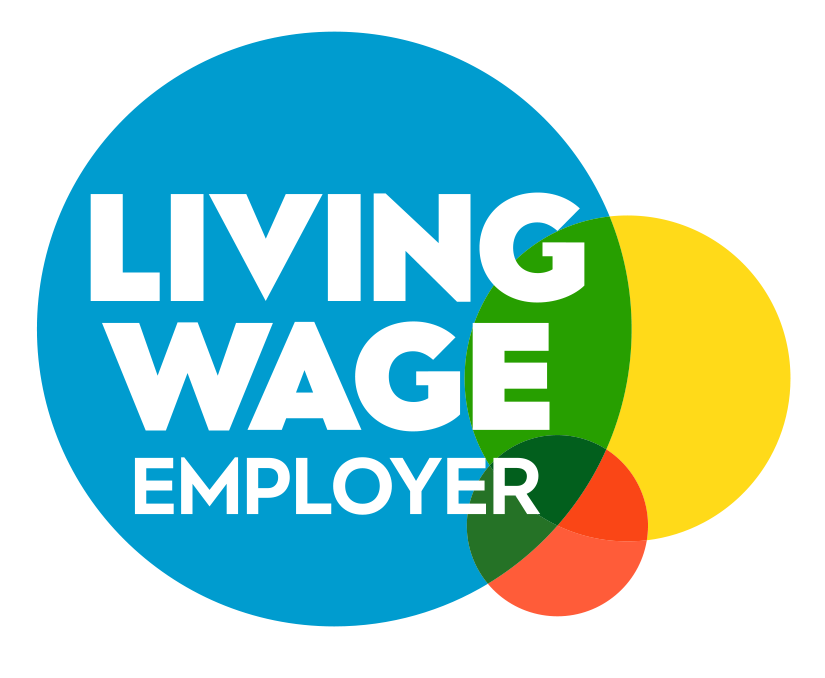In this uncertain time where it feels like health advice changes daily, we are now told that people living alone should self-isolate for 7 days if showing any symptoms of the coronavirus (COVID-19). Anyone living with other people that shows the symptoms must put the whole house on lockdown for 14 days. If anyone else in the house shows symptoms during the 14 days, you have to extend for another 7 days from the first day they show symptoms.
If you are able to work from home then shutting yourself away in a room with your laptop and a set of headphones will take up a reasonable portion of your day. However, in the remaining hours of the day, or the long days if you are unable to work from home, filling your day might feel daunting.
The temptation to sit on the sofa and binge a selection of Netflix programmes is strong, however, after a while this can start to have a negative effect on your body and your mental health.
When stuck inside it is imperative to mix up what your doing to keep yourself healthy in body and mind. Knowing the difference between active and passive activities can help you plan your day or help the answer the question “what shall we do now?”.

Passive activities
These are the activities where you can sit and enjoy without really moving or working your brain too much, they are a viable option for what to do with some of your time inside and in fact important to allow your body to rest in these generally stressful times. However, it is important that you limit time on these activities and be sure to mix some more active activities in to your day.
Television
There is a big difference between watching the one episode of your new favourite programme or a film together and suddenly realising you are 8 episodes in and haven’t moved for several hours. Absolutely watch what you want but be sure get up and walk around every 25 minutes or so and to split up the viewing with something more active.
Reading
It is so easy to get lost in a good book, especially when you have no where to go that day, but sitting in the same position for hours can have a negative effect on your body. There is the added element of using imagination and the brain working to digest the information in the book so it is still a really good option.
Social media
We might think it is just the teenagers that get stuck for long periods of time scrolling through social media on their phone but in reality it is happening just as much with adults now. Make sure you are able to pull your eyes away from the screen, especially as looking at our phone can pull our body position into a hunched over position that can be really bad for your posture and neck. Schedule time to look at your social media and keep in contact with other people.

Active activities
This does not just mean running around the house or constantly performing burpees, these are activities that requires active participation from yourself. This is not saying that these should be more important or seen as better than passive activities, it is important to find a balance of both.
Exercise
It may feel difficult to exercise in your own home due to space, distractions or lack of equipment but, although it may not feel like you regular workouts at the gym, it is definitely possible to achieve an effective workout in your own home. There are countless online resources for a variety of different training styles whether it be Zumba, HIIT, Circuits, yoga, pilates or dance there is a youtube video, blog or now (in the current climate) local class facebook groups streaming free live classes wherever you may be.
Board games or puzzles
They are not just for Christmas! All of the board games and puzzles in the cupboard can be a great way to get your mind and problem solving skills working
Cleaning
Sounds like the least tempting option, however, keeping the house clean is only going to help in the current climate. There is also evidence to suggest the positive effects of achieving a clean and tidy home on mental health.
Working on a project
There may be something you have always wanted to work on but have never found the time, like writing or painting. This is the time to focus on something productive. Maybe there’s something you’ve always wanted to learn, like how to play the piano or a new language. There are free apps and courses out there to try, take a look at OpenLearn and FutureLearn for ideas.
Baking or cooking
This might be the time you discover a love of baking or cooking. You don’t need lots of equipment or an abundance of cookery books to bake, there are loads of online websites and blogs full of various recipes for you to try, such as Corrie’s Rabbit Food.

It is going to be a difficult time for everyone so keeping yourself busy with a balance of active and passive activities is the best way to keep your mental and physical health at it’s best.
Don’t feel isolated when self-isolating
Keep in contact with your friends and family while self-isolating. Schedule a time every day to talk to your loved ones and keep each other company. This can be through the phone, video chat or messaging. If you’re worried about finding things to talk about, make a plan to watch the same film, or read a book to discuss. Some people are creating online book clubs, watch parties and group chats.






